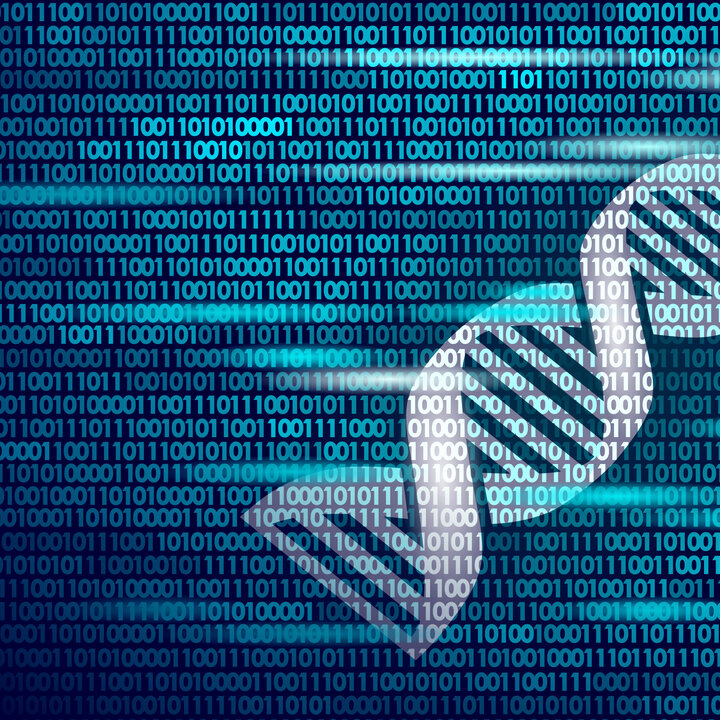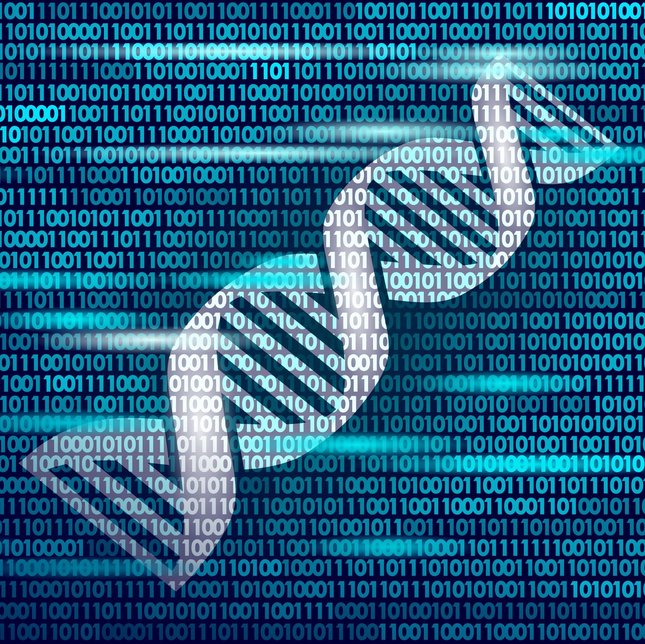
The Synthetic Biology and DNA Nanotechnology group is headed by dr. ir. Tom de Greef. Work in the Synthetic Biology and DNA Nanotechnology (7 PhD students, 2 post-docs) is directed at the bottom-up construction of basic cellular functions from well-characterized biological components, and the development of novel biological computing devices that can enhance signal-processing capabilities of natural and synthetic cells. This involves the design and construction of integrated genetic, protein or DNA-based circuits, either in a cell-free environment or in living cells, capable of autonomously performing useful functions. To achieve this goal, a multidisciplinary approach is employed that combines elements from DNA/RNA nanotechnology, genetic engineering, microengineering and the modelling and simulation of biomolecular networks. Ultimately, advances in synthetic biology will allow the development of functional living and hybrid technologies such as biological robots, synthetic cells or augmented natural cells, that can be interfaced with the human body to detect disease biomarkers and allow autonomous, closed-loop therapeutic functions.
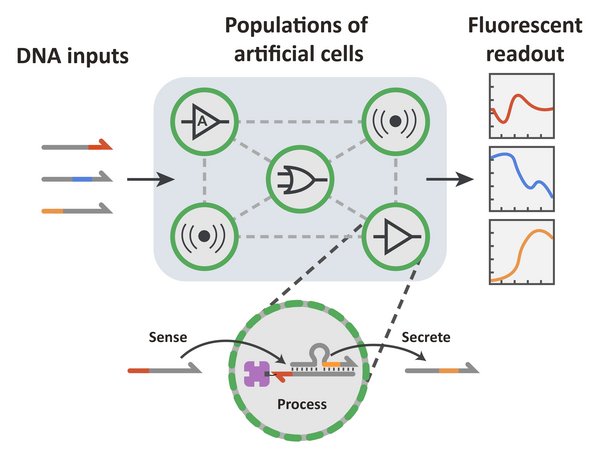
Current projects in the group
- The development of compartmentalized DNA computers (in collaboration with Microsoft Research) and application of this technology in diagnostics and theranostics.
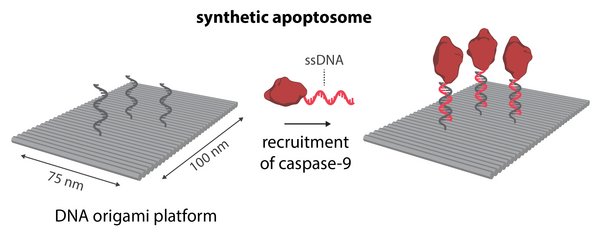
- The use of DNA origami to engineer synthetic supramolecular organization centers such as the apoptosome and myddosome.
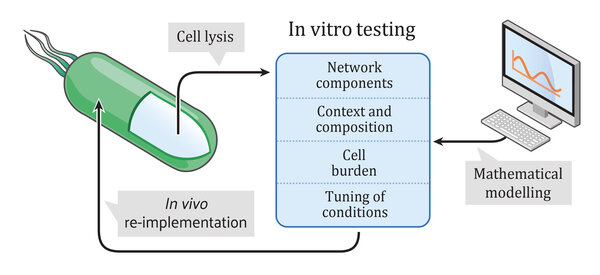
- The development of integrated genetic circuits using cell-free synthetic biology solutions.
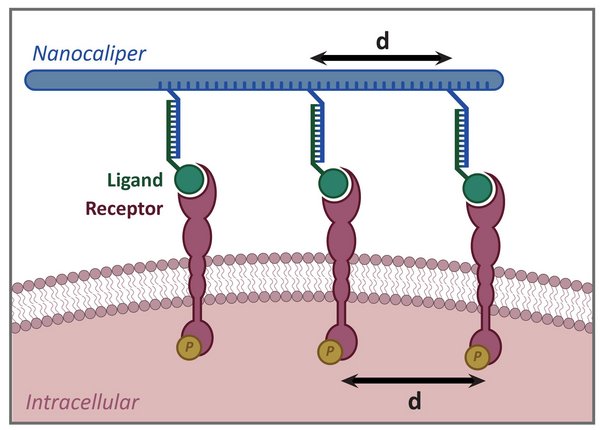
- The application of DNA origami to understand how multivalency can be exploited to engineer the next generation of checkpoint inhibitors (in collaboration with Aduro Biotech)
